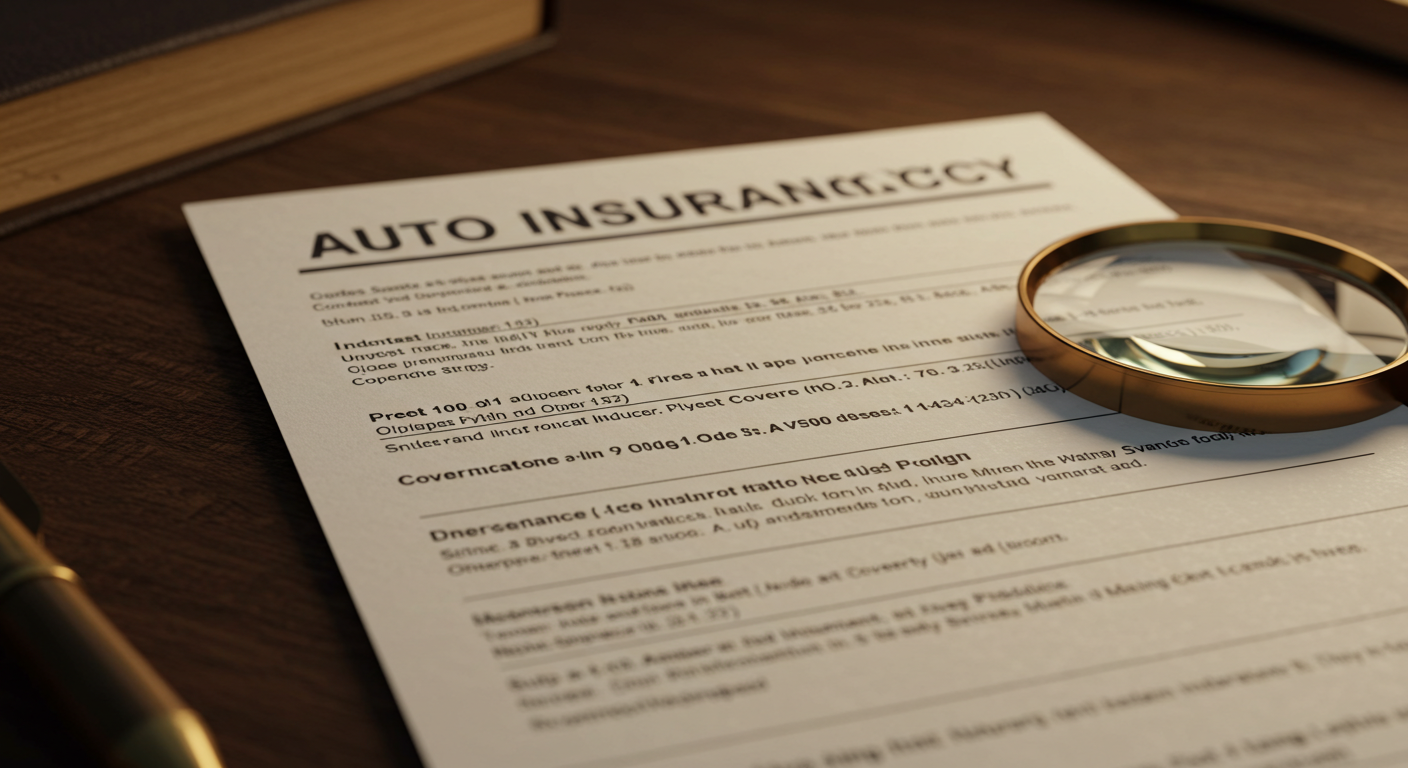Origin, guarantee and needs are very important criteria when closing a deal With brand new cars becoming increasingly expensive and interest rates rising due to the shortage of components in the industry, pre-owned cars have become a popular purchase option. But like any major investment, it is worth paying attention to their maintenance history, among other details, to avoid falling into traps.
Something you should consider before buying a pre-owned car is to ask yourself a few questions in order to make the right purchase. Check out the tips below to avoid making mistakes when closing a deal and thus making a good purchase.
1. Choose a model that suits your needs – what do I want and need?
This is a classic question that many people end up not asking when buying a car. Before even choosing a model, it is worth considering which essential and most relevant attributes the car needs to have.
Ask yourself if that car will be used mostly for leisure, work in the city or for traveling, what type of use it will have, what size trunk it will have, if the car will be driven on dirt roads frequently or even if it needs better performance for greater agility. This way you will know what suits you, and thus reduce the chances of buying a model that does not meet your needs.
2. Origin – what is the car’s history?
Buying a pre-owned car has some advantages, such as a lower price and lower depreciation. However, it’s worth keeping an eye on the vehicle’s maintenance history, among other details, to avoid a possible headache later on.
3. Car warranty – what if I have problems?
Anyone who buys a used or pre-owned vehicle knows that a warranty is essential, especially for models with more mileage. According to Paulo Barros, consumers look for the same transparency, security and guarantees in the pre-owned and pre-owned market as they do in other segments: “It is essential that the customer receives support if they have problems with the product, since a car is one of the main purchases a person makes in their lifetime. Paying attention not only to the warranty period, but also to the after-sales services that a company offers will make a difference during your experience as a vehicle owner.”
4. Price of the car – am I really paying what the car is worth?
It is well-known in the market that research is needed to find out how much a given vehicle is worth. There are several price tables available for this purpose, such as the traditional Fipe Table or more recent indexes such as the one from KBB Brasil. In both, you will find the average prices for used and pre-owned vehicles. On the other hand, it is worth keeping an eye on additional costs that must be taken into account when purchasing, such as notary fees, documents and car maintenance – the better the condition of the vehicle, the lower the cost of the latter tends to be.
5. Testing the car – what if I change my mind?
In Brazil, it is still traditional to check out the car up close before making the purchase, since for many people, smelling the car or even imagining themselves inside it is more than essential, even though there are now platforms that allow 100% online purchases. But as everything is not perfect, it is possible that, after a certain time, the vehicle does not meet the customer’s expectations or needs, even with all the care taken during the purchase process.









